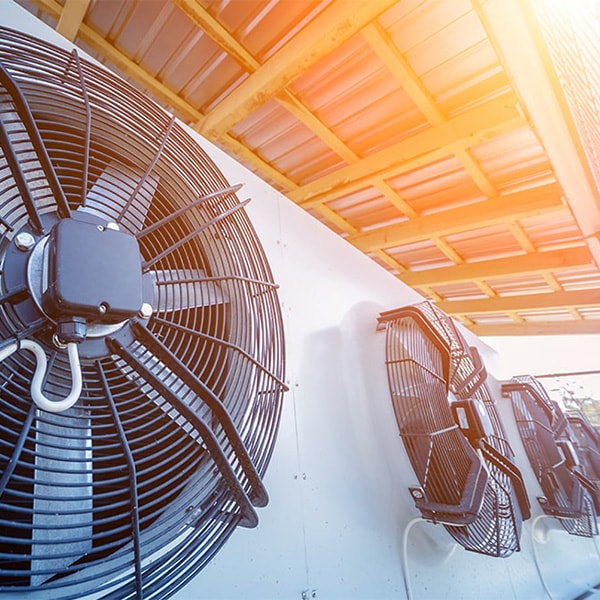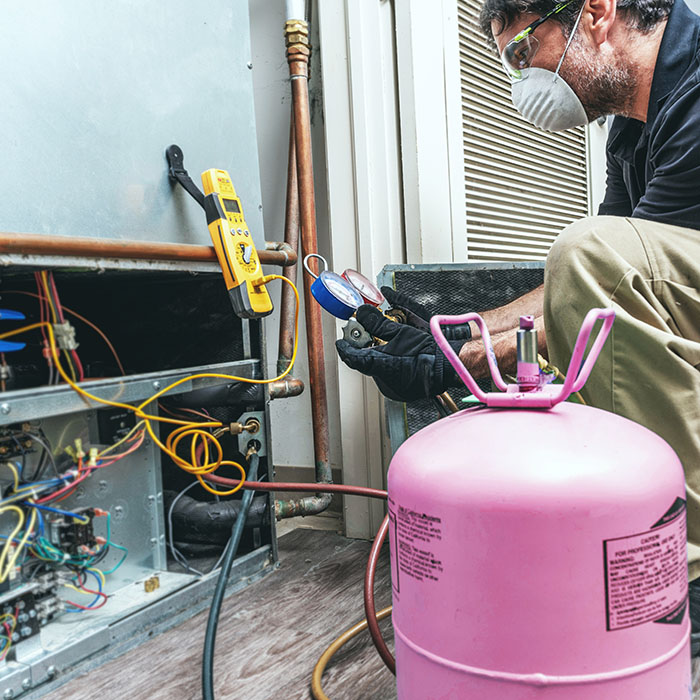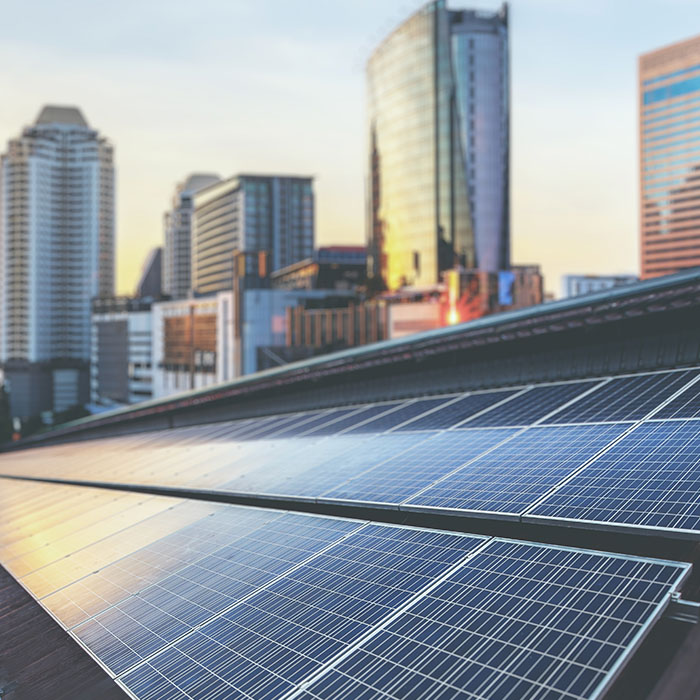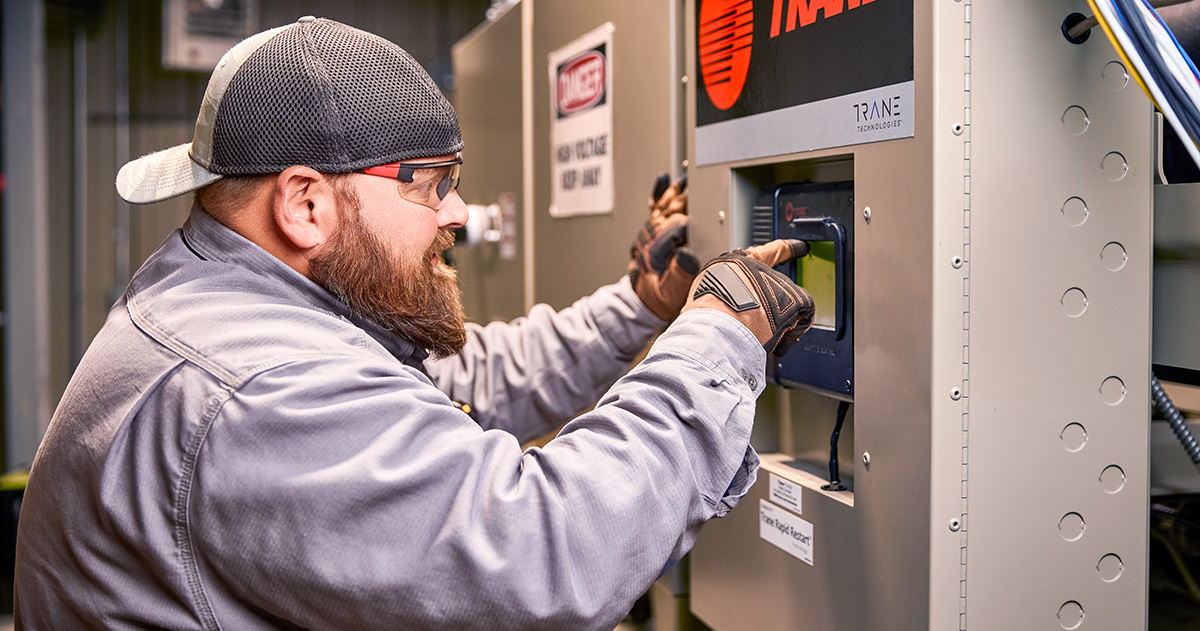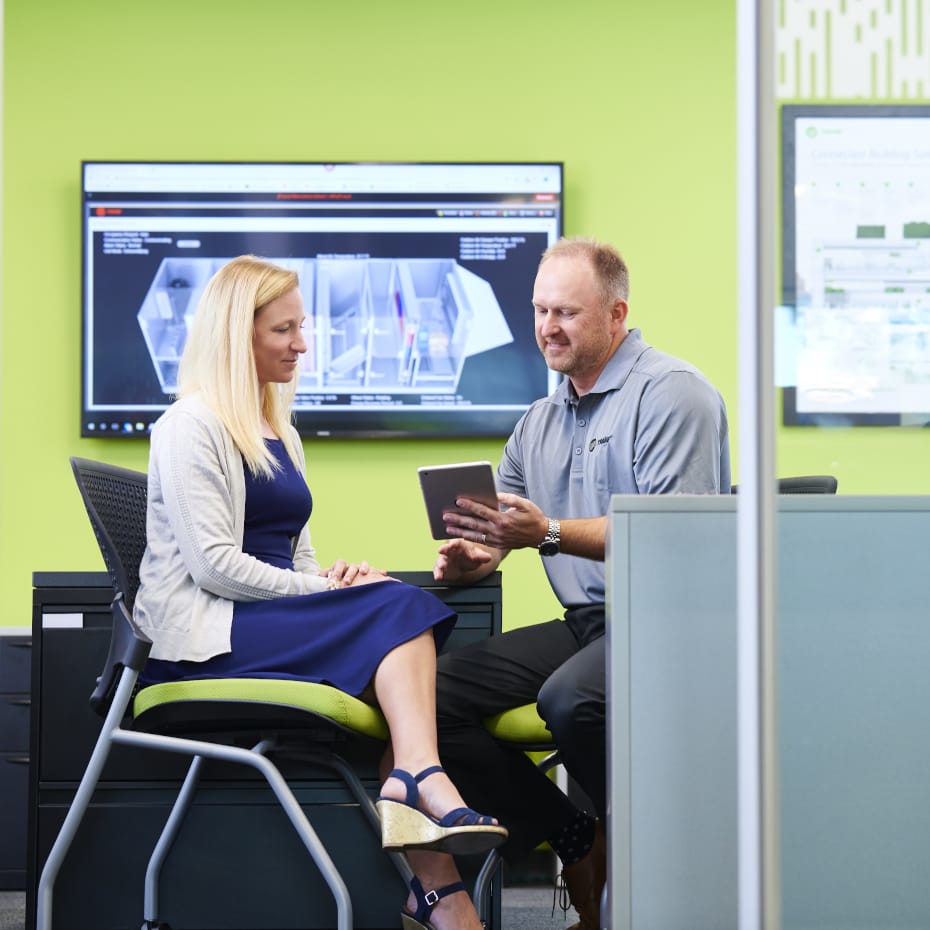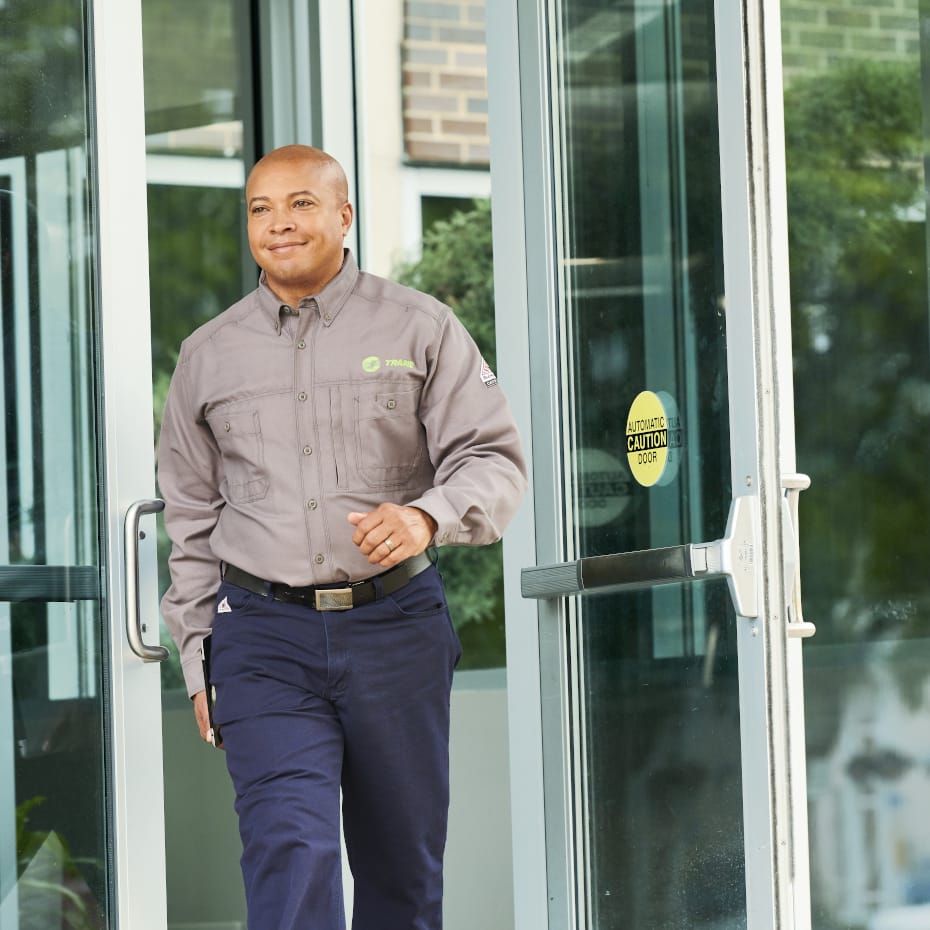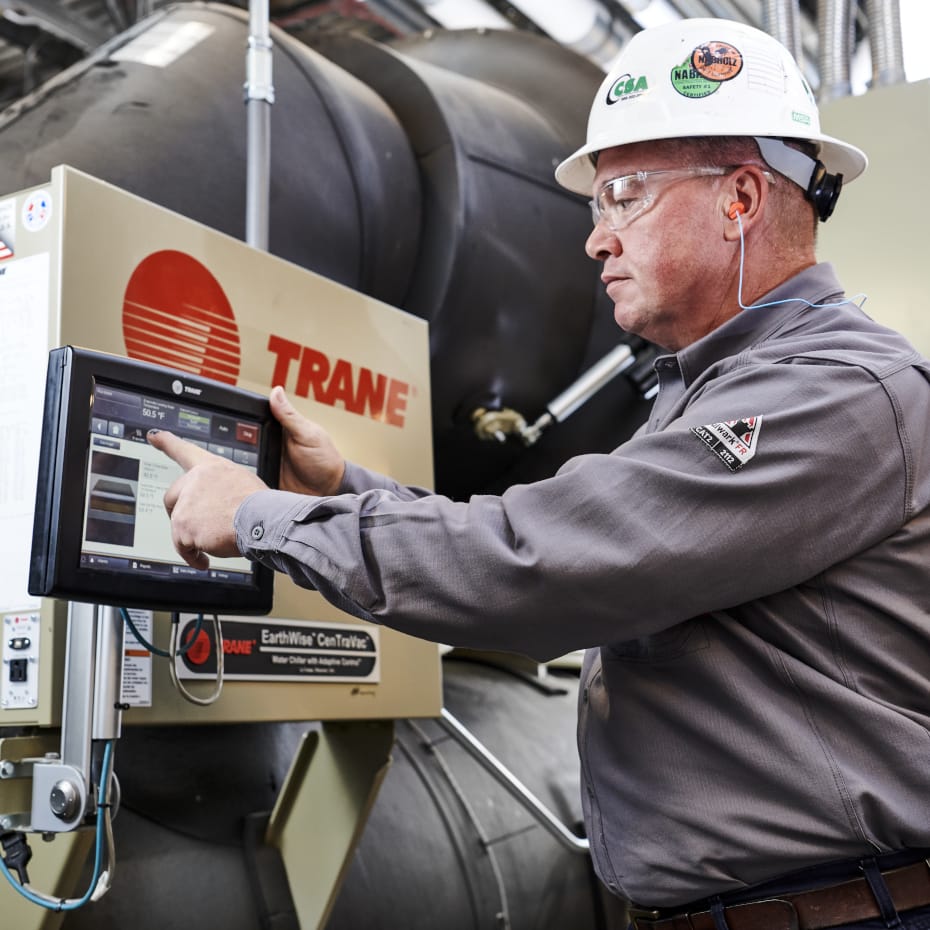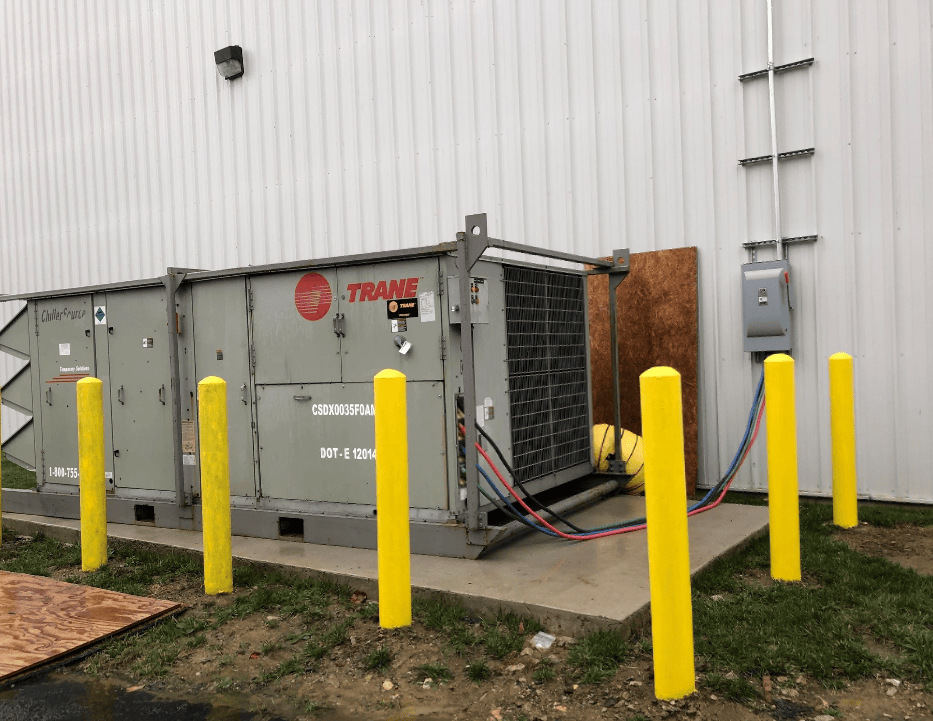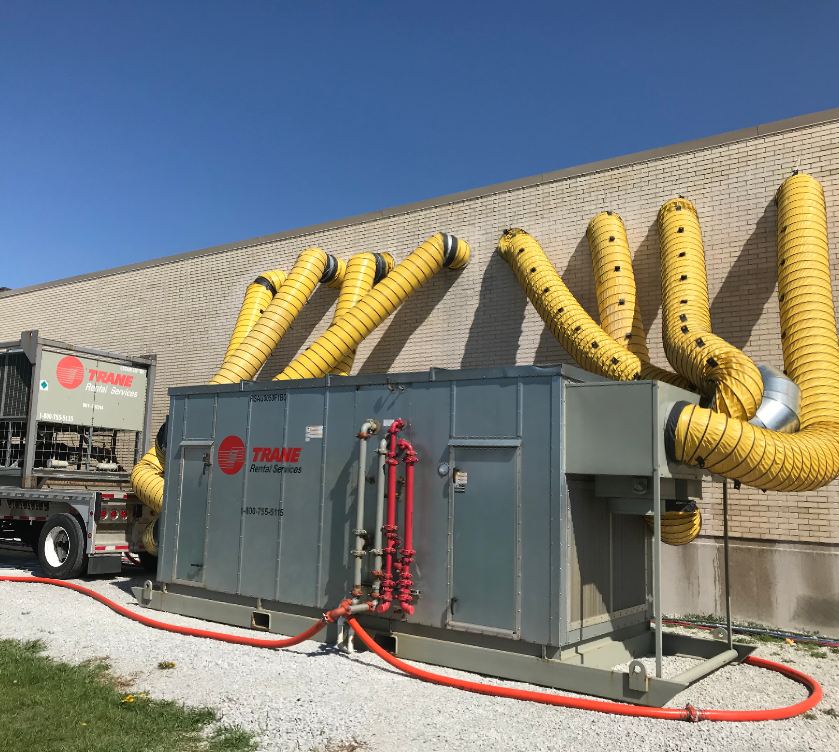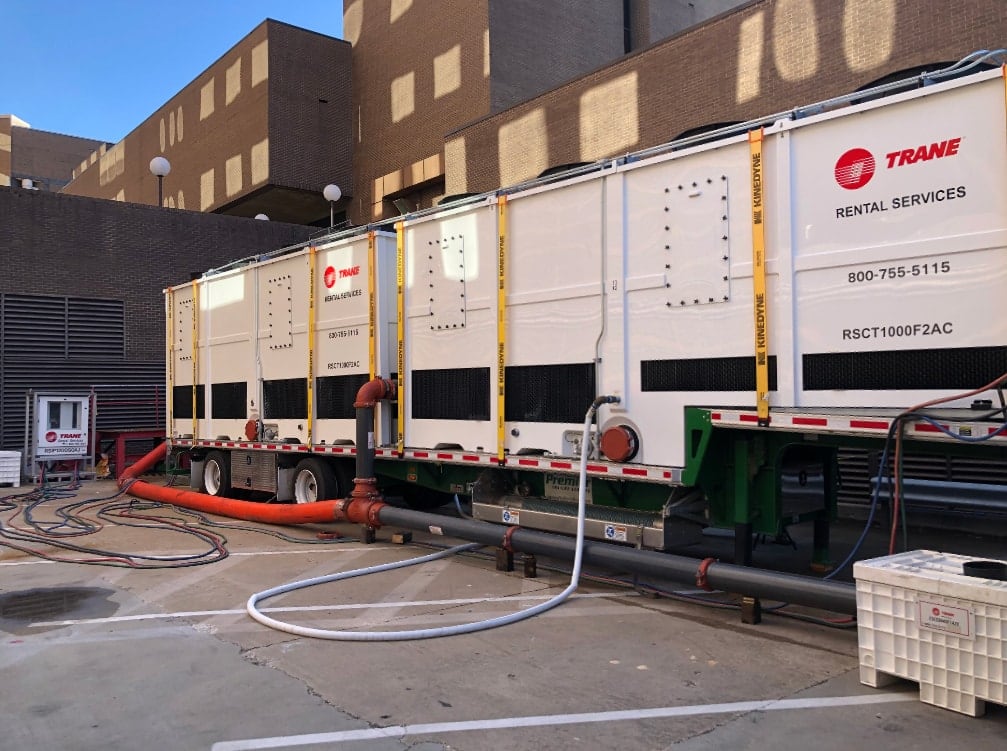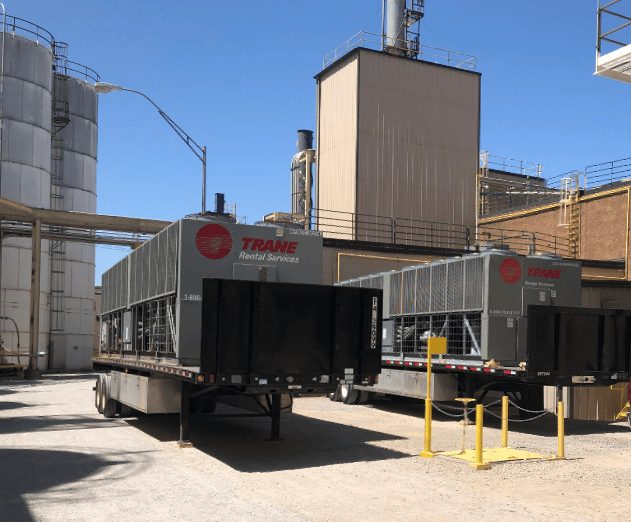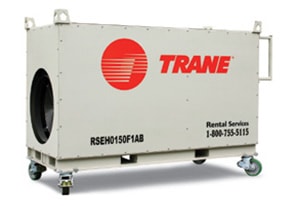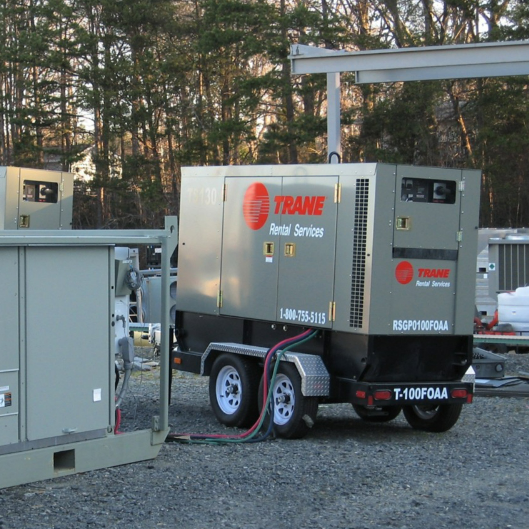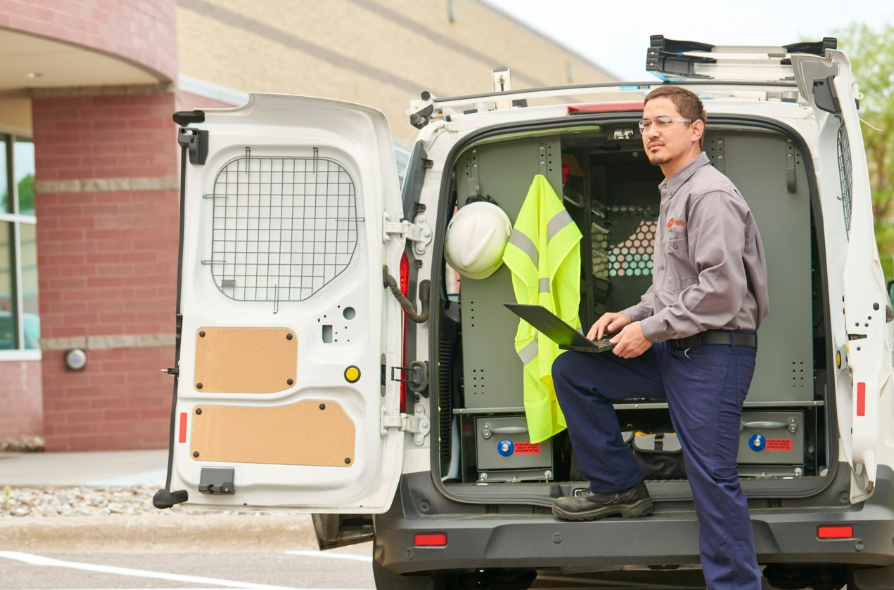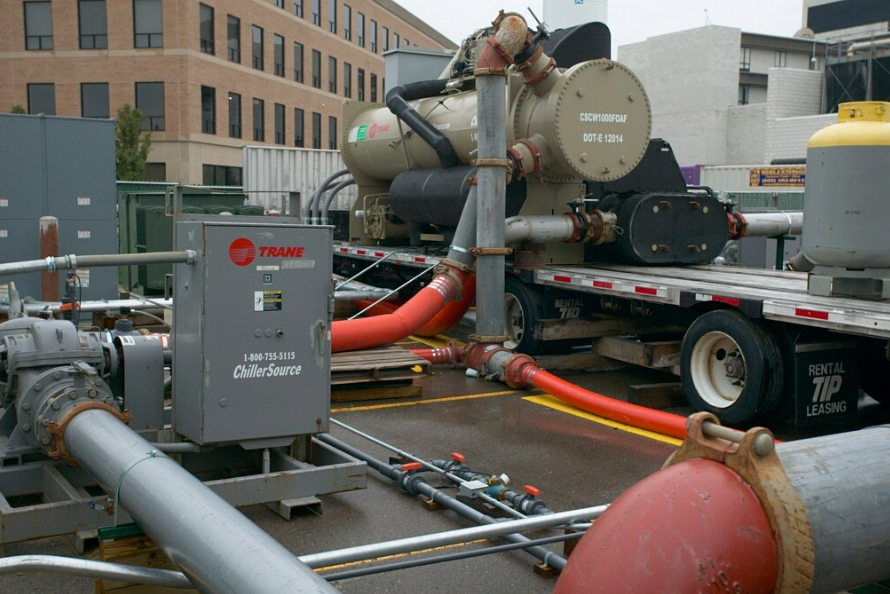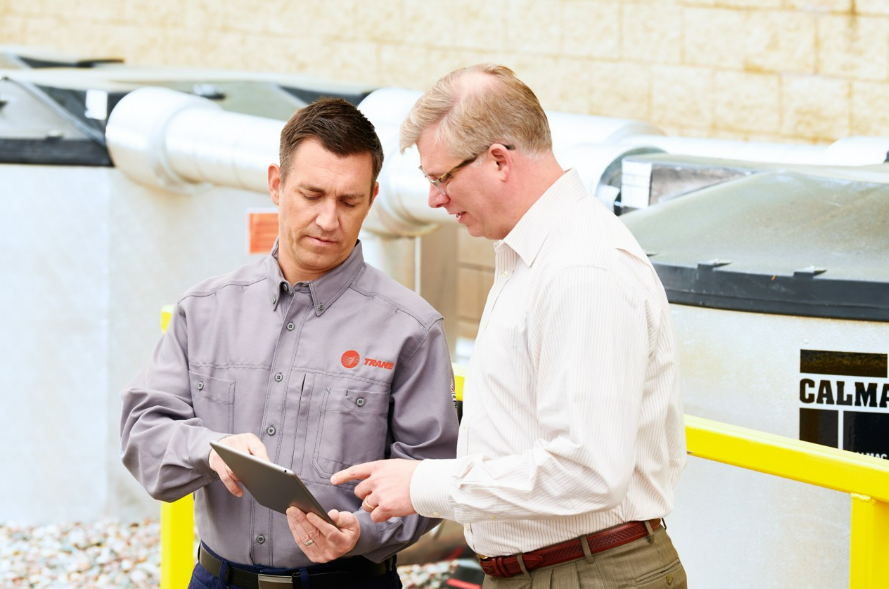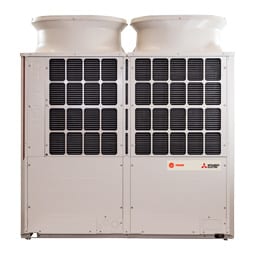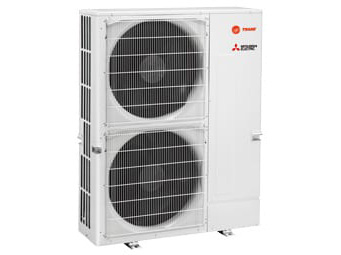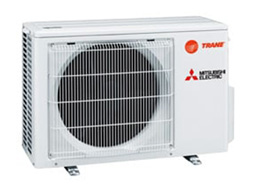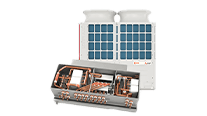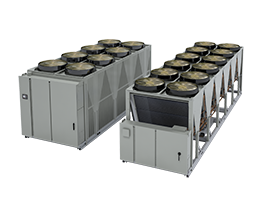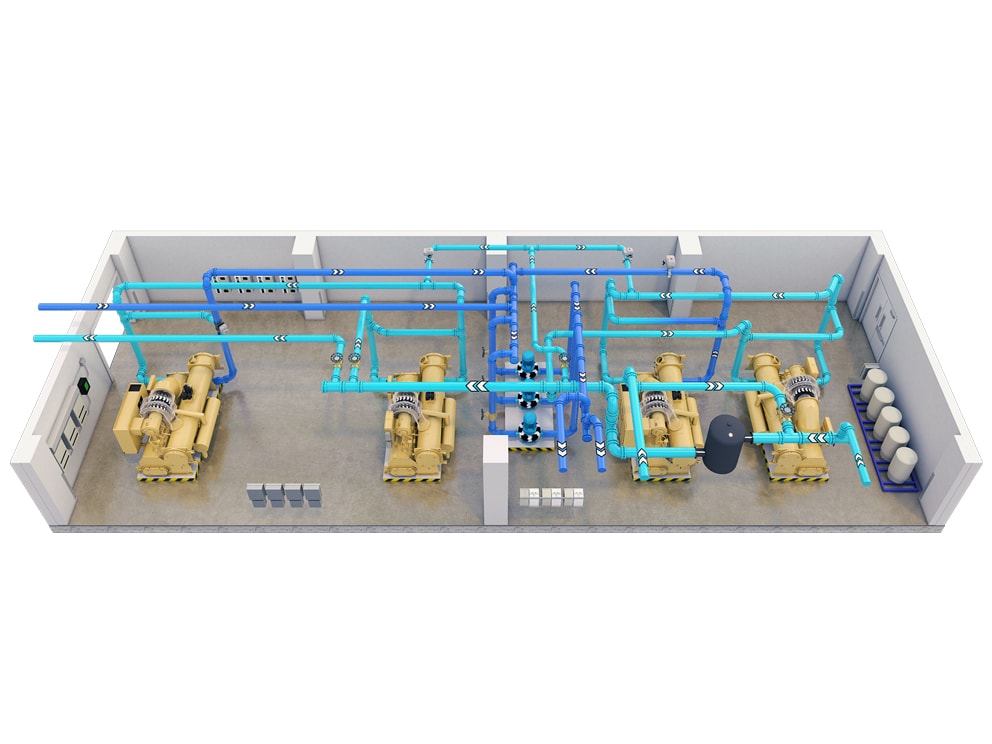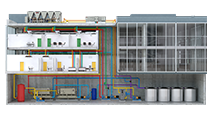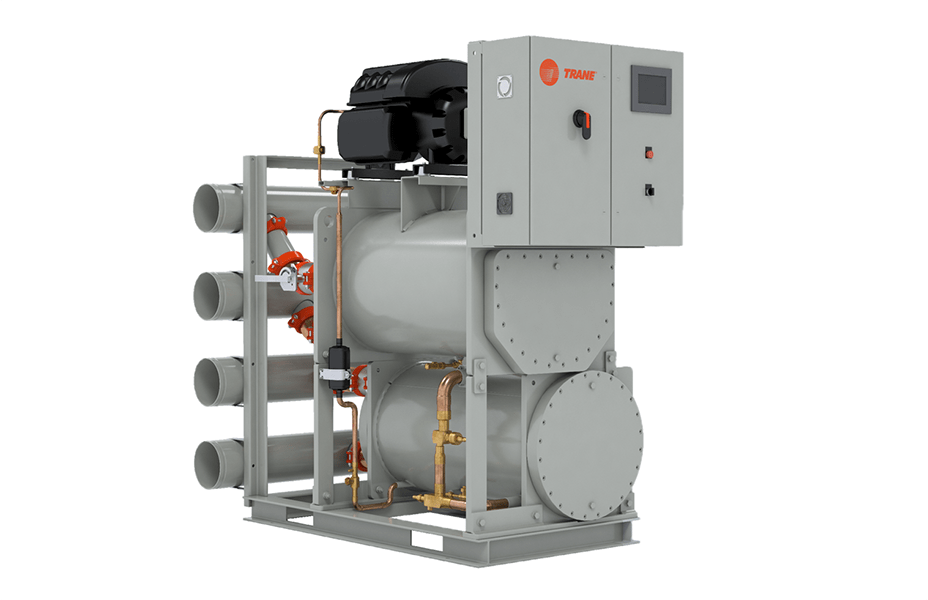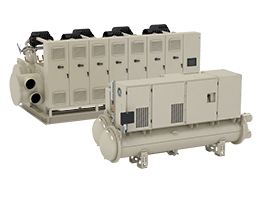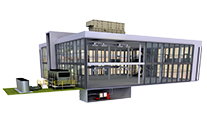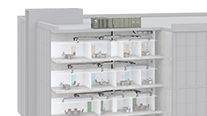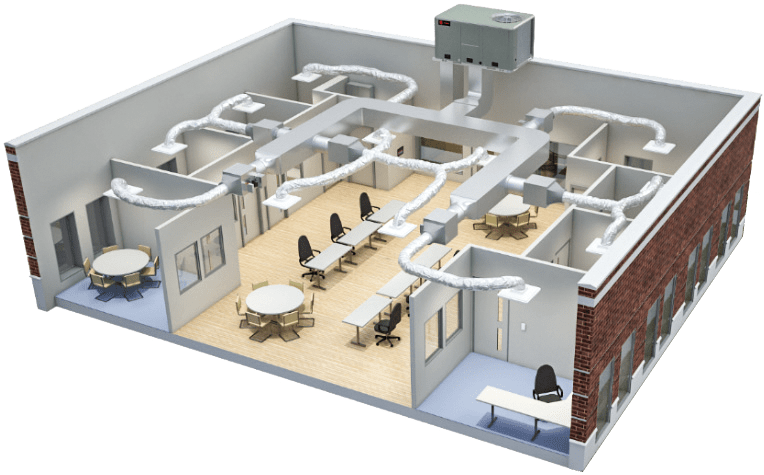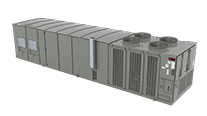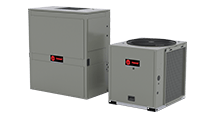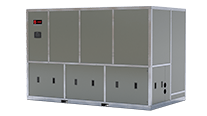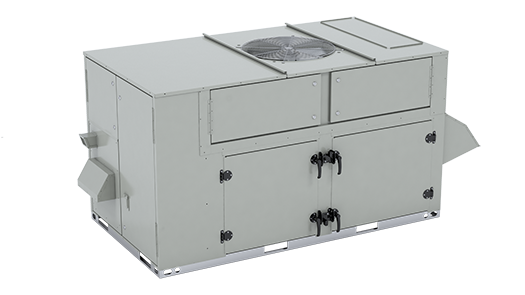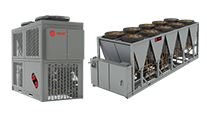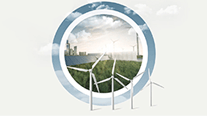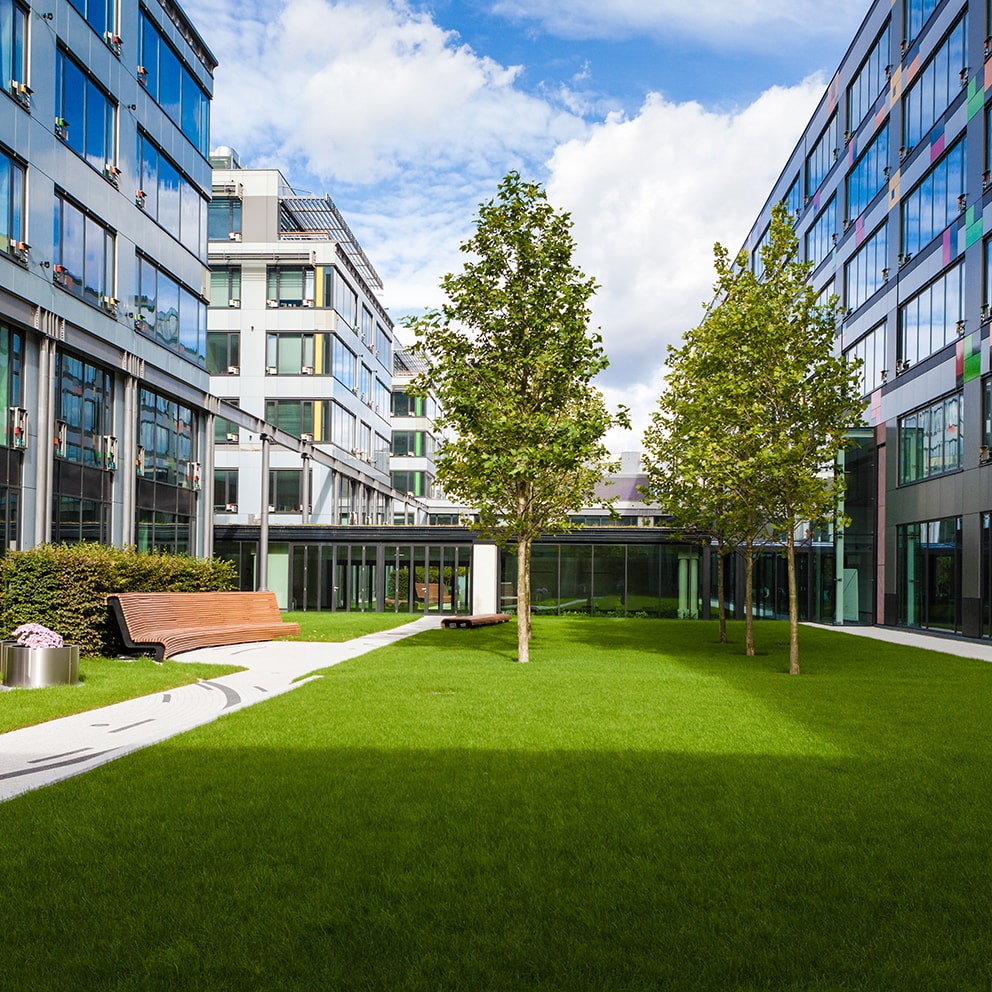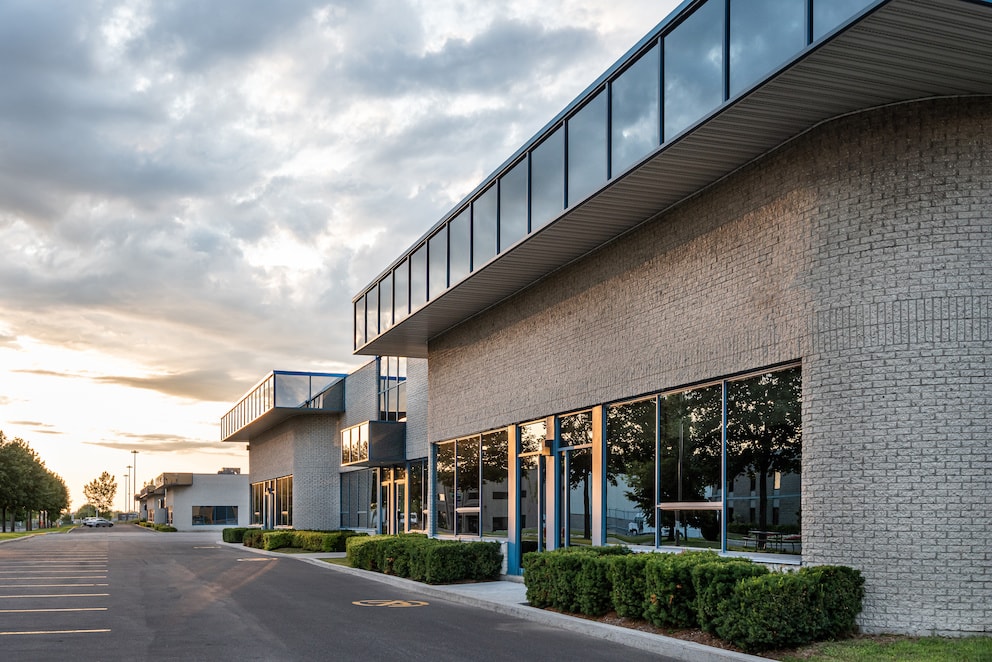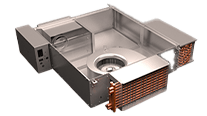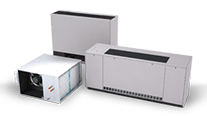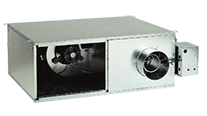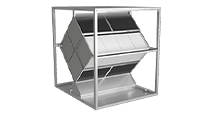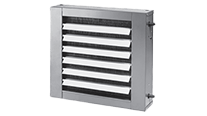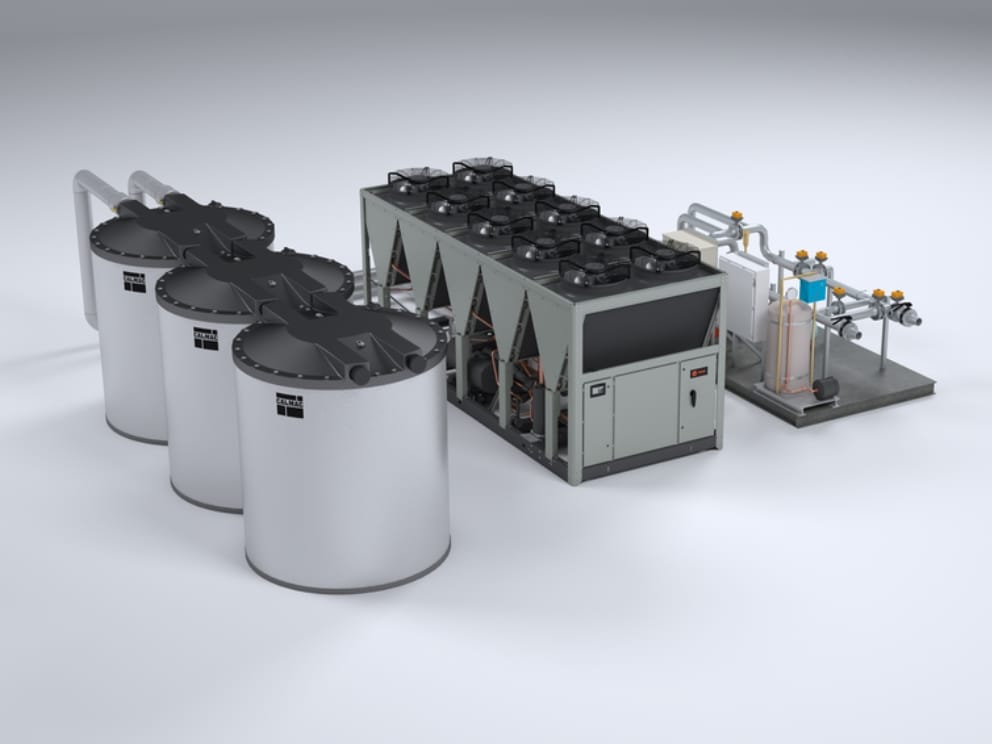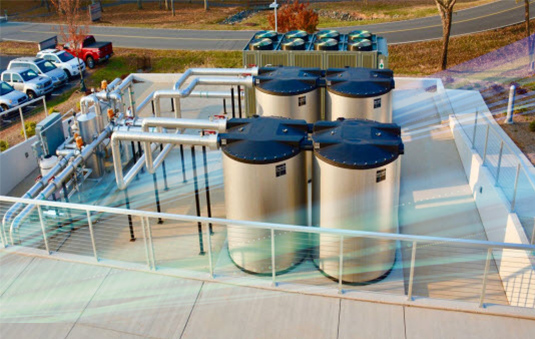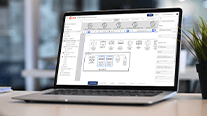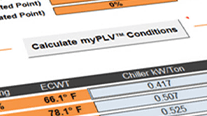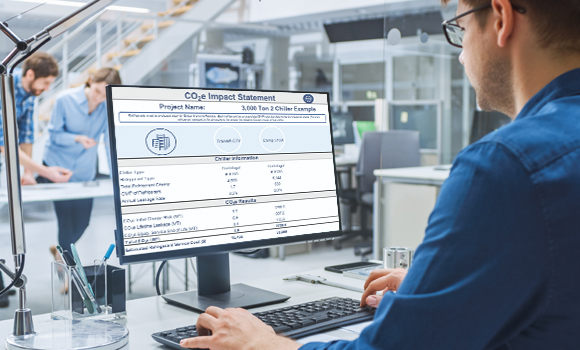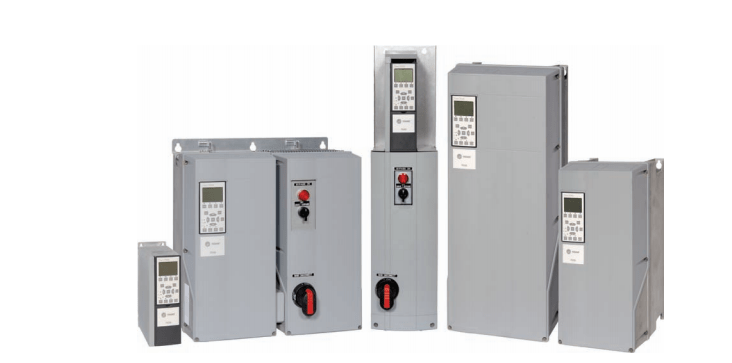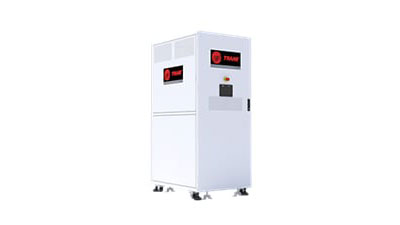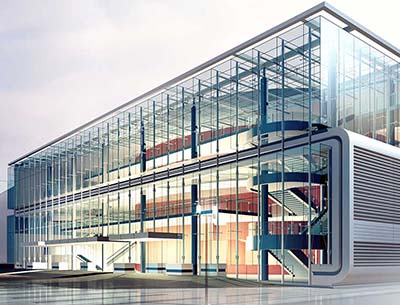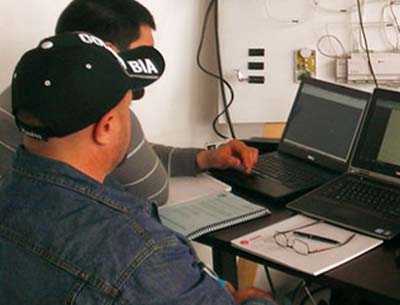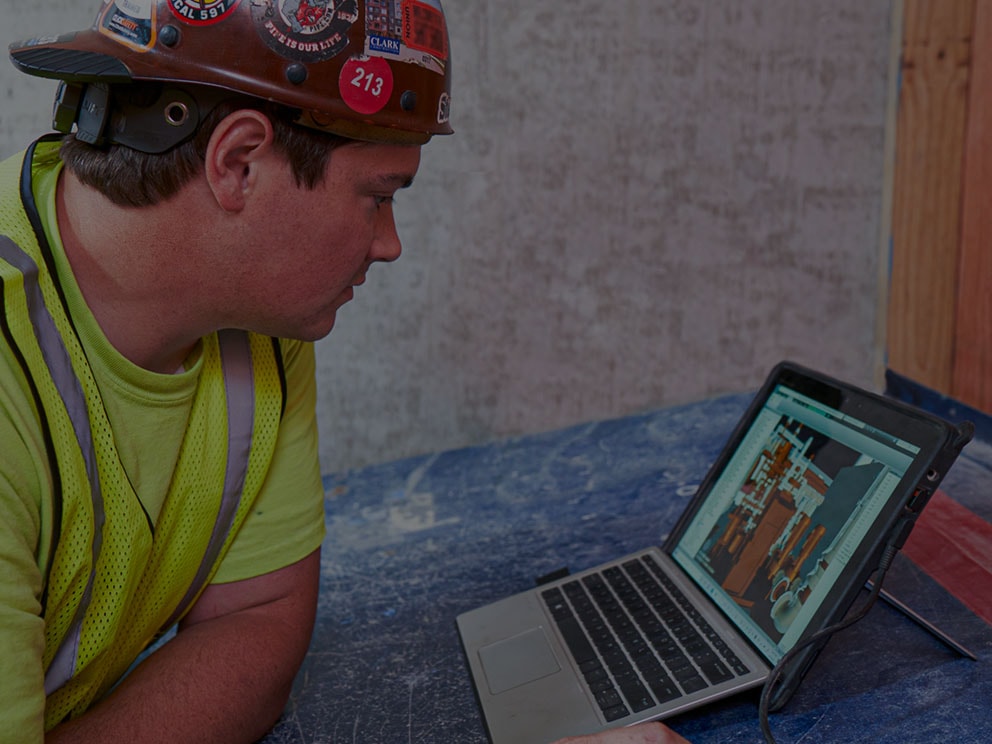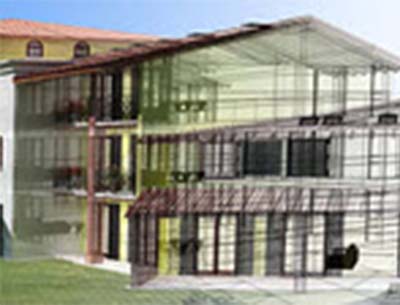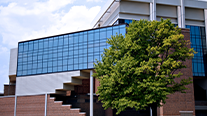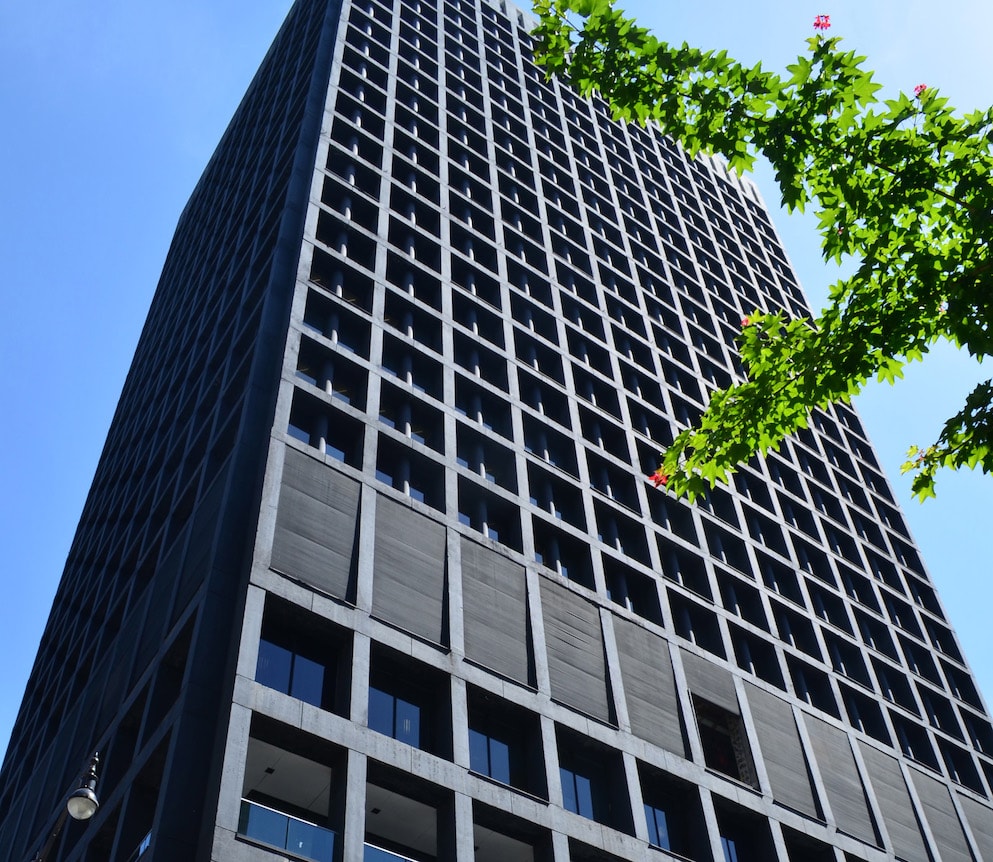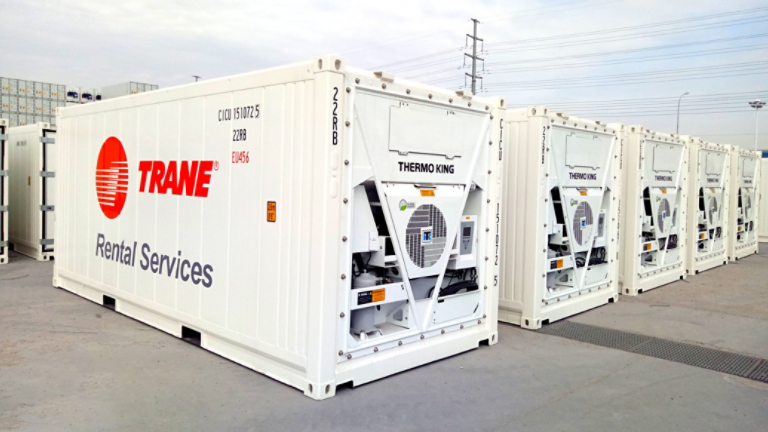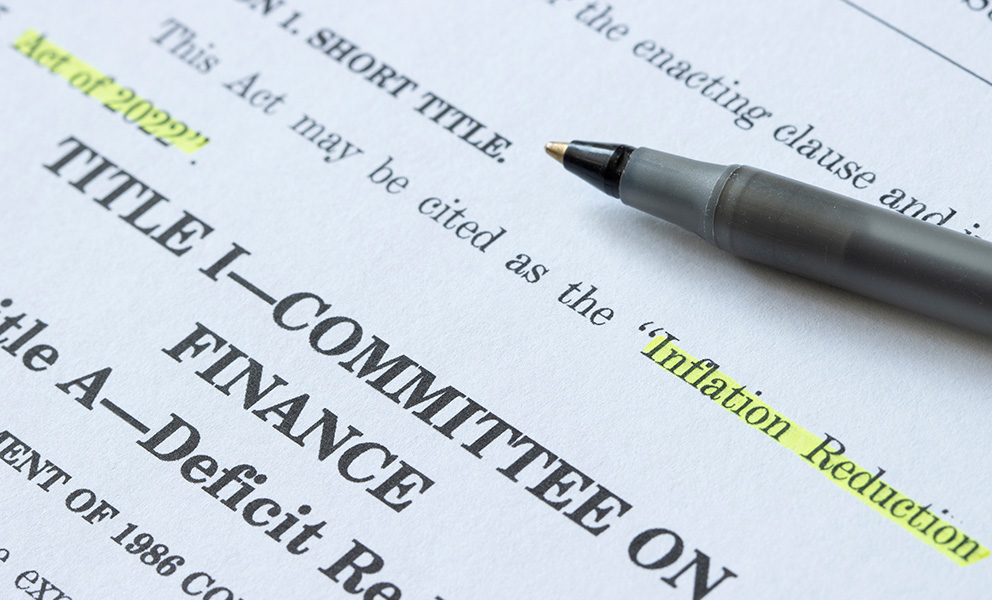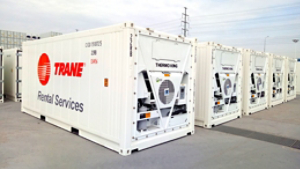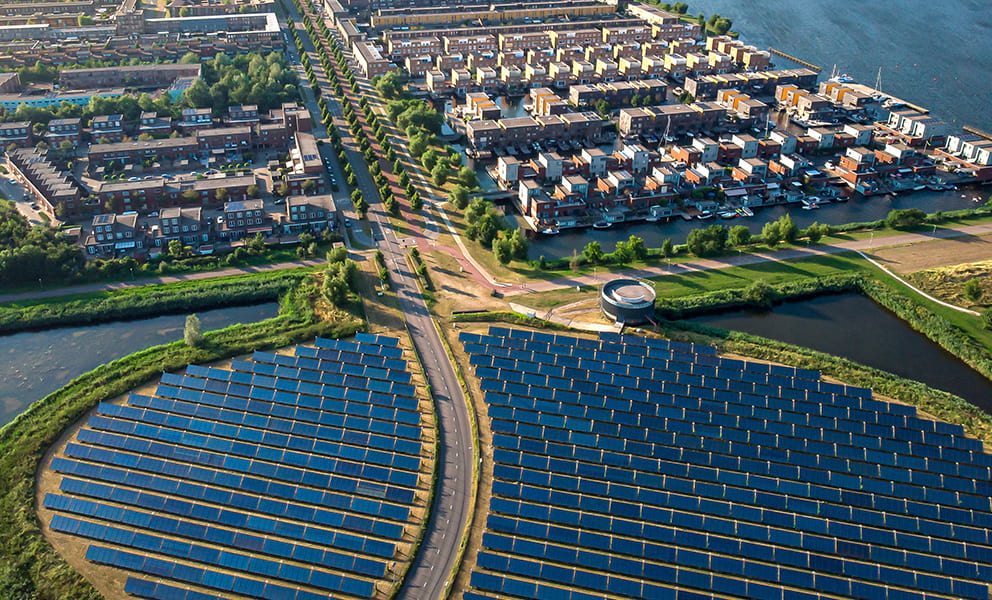
2022-2023 Federal Funding Resource Guide for State & Local Governments
Recently, federal funds have been committed to state and local governments to help America recover from the impacts of the COVID-19 pandemic and help improve infrastructure throughout the nation. When used to modernize and enhance the public spaces residents rely on the most, these investments can have ripple effects, improving the environmental, social, and economic health of communities. Simply put – better building infrastructure helps to creates better communities.
While navigating these funding opportunities may feel overwhelming, this guide is meant to be a resource to help navigate the landscape of federal funding opportunities available today. Have questions on how to capitalize on these programs? Contact your local Trane team, we’ll help you navigate the many options available to help achieve your unique goals.
American Rescue Plan Act: bringing people together again
As part of the American Rescue Plan Act, the Coronavirus State and Local Fiscal Recovery Funds (SLFRF) provide stimulus relief funding to State and Local government leaders to fund critical community improvement projects, including:

The final allocation of these funds were released through state, city, and county allocations in June 2022. Learn how to make the most of your SLFRF funds and visit the Department of the Treasury SLFRF webpage to apply for funding or see how much money has been allocated to each State or Local government entity.
Infrastructure Investment & Jobs Act (IIJA): Once-in-a-generation federal funding
Also referred to as the Bipartisan Infrastructure Law (BIL, aka: IIJA), the IIJA committed over $1.2T in funding to improve the nation by rebuilding infrastructure, combatting the climate crisis, and advancing environmental justice while investing in underserved American communities. State and local governments will receive a variety of federally funded grants – both formula and competitive. Grants can be used to:

State and local governments should develop strategies to align the available funding to their most pressing priorities. Trane can help governments at all levels create a strategic plan to meet these priorities simultaneously through building infrastructure modernization – all while maximizing return on BIL investments.
Some BIL programs are actively funding state and local government programs today, while others will become available in late 2022 and early 2023. Some of the programs will be administered by state agencies and others will be administered directly by federal agencies.
Federal Resources - The White House has released a number of resources related to the Bipartisan Infrastructure Law:
- Build.gov - Building a Better America – Learn more about the law and easily search for funding programs details, requirements, updates, eligibility and grant application requirements.
- Bipartisan Infrastructure Law Rural Playbook – A guide to help rural communities understand available funding opportunities and other benefits such as waivers for matching requirements; includes rural BIL fact sheets from several federal agencies.
- Fact Sheet: Competitive Infrastructure Funding Opportunities for Local Governments – Highlights 25 competitive grant programs with a particular emphasis on cities; includes tips for getting ready to apply for and receive federal funds
- Grants.gov – Federal grant application portal; also includes grant-writing tips and instructions
Additional Resources - In addition to the federal resources above, the following resources provide useful information to help local governments identify and apply for funding:
- Local Infrastructure Hub – National program to help cities and towns access federal infrastructure funding; partnership between National League of Cities, Results for America, and United States Conference of Mayors. Program launches July 1, 2022 but you can sign up for email updates before that.
- National Association of Counties (NACo): The Bipartisan Infrastructure Law – Includes open funding opportunities and deadlines, a funding matrix showing descriptions of each program, funding amounts, and upcoming NACo webinars and events.
- American Public Works Association (APWA): U.S. Infrastructure Law: Resources for Public Works – Information on funding opportunities for public works professionals
Several federal agencies have also created resources for specific funding areas, including:
- U.S. Department of Energy: DOE Bipartisan Infrastructure Law Funding Opportunities
- U.S. Department of Energy: State & Local Government Solution Center
- U.S. Department of Transportation: Bipartisan Infrastructure Law
- U.S. Environmental Protection Agency: Bipartisan Infrastructure Law
The challenges facing our communities are significant – aging infrastructure, shrinking budgets, and social and environmental injustices, to name a few. Make sure you don’t miss out on federal funding that can help address these challenges by modernizing infrastructure and investing in initiatives that will meet your community’s long-term sustainability, resiliency, and economic goals.
Wondering where to start and how to capitalize on this once-in-an-era community modernization opportunity? Get in touch with your local Trane team today.
6 Ways Better Buildings Create Better Communities

About the author
Jennifer Geen, Sr. Energy Services Account Executive
Jennifer is a Senior Account Executive for the Midwest Area Energy Services and Solutions Division of Trane. She helps leadership staff and elected officials throughout Missouri MUSH markets facilitate best practices to improve thermal comfort, indoor environmental quality, and energy efficiency while creating long-term facility resiliency and sustainability.
Jennifer’s primary focus is on providing feasible financial options for clients, through energy performance contracts in tandem with supplemental Federal ARPA funds; and by purchasing efficiently with Trane’s many cooperative purchasing agreement options. Jennifer holds a B.S. in Political Science and History from Lincoln University and a Master’s in Public Administration from Saint Louis University.


